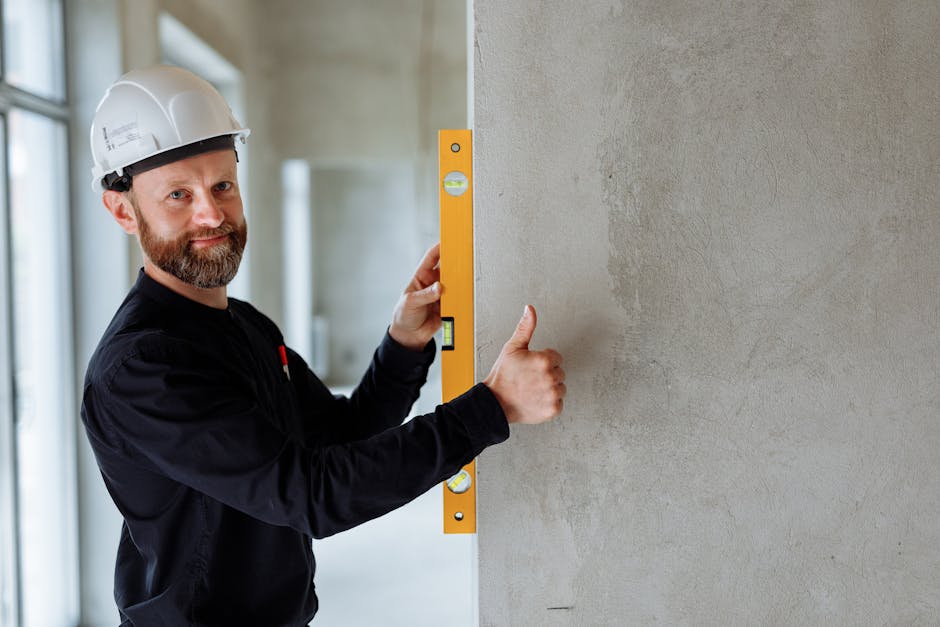
When embarking on a construction project, whether it’s a new home, a renovation, or even a small carpentry task, the choice of materials is critical. Selecting materials that are not only aesthetically pleasing but also durable can significantly impact the longevity and performance of the structure. durable construction materials are essential for ensuring that buildings withstand the test of time, resist environmental challenges, and maintain their structural integrity. In this article, we will explore the importance of durability in construction materials, examine various types of durable materials, and provide guidance on how to source these materials effectively.
Understanding Durable Construction Materials
Durability in construction refers to a material's ability to withstand wear, pressure, and damage over an extended period. This characteristic is vital for minimizing maintenance costs and enhancing the safety and functionality of buildings. Durable construction materials not only provide strength and resilience but also contribute to the overall sustainability of a project. By investing in high-quality materials, builders and homeowners can ensure that their structures remain safe, functional, and visually appealing for many years.
Types of Durable Materials for Construction Projects
Concrete
Concrete is one of the most widely used durable construction materials in the world. Known for its compressive strength, concrete can withstand heavy loads and is resistant to weathering, fire, and pests. It is ideal for foundations, walls, and pavements. Additionally, advancements in concrete technology have led to the development of reinforced and pre-stressed concrete, which further enhances its durability and application in various construction scenarios.
Steel
Steel is another cornerstone of durable construction materials. Its high tensile strength and flexibility make it suitable for a wide range of applications, from structural beams to roofing and fencing. Unlike wood, steel is impervious to insects and will not rot, making it an excellent choice for long-lasting structures. Furthermore, steel can be recycled, adding an element of sustainability to its use in construction.
Engineered Wood
Engineered wood products, such as plywood and laminated veneer lumber, offer durability with the added benefit of being more environmentally friendly than traditional solid wood. These materials are designed to resist warping and splitting, making them suitable for various applications, including flooring, cabinetry, and structural components. The manufacturing process of engineered wood often utilizes lesser-quality wood, which maximizes resource efficiency.
Other Durable Materials
In addition to concrete, steel, and engineered wood, there are other durable materials worth considering, such as brick, stone, and fiber-reinforced composites. Brick is renowned for its longevity and low maintenance, while stone offers natural beauty and exceptional strength. Fiber-reinforced composites, on the other hand, are increasingly being used in modern construction due to their lightweight nature and impressive durability.
Sourcing and Purchasing Durable Construction Materials
Finding the right durable construction materials is crucial for the success of any building project. Here are some tips to help you source these materials effectively:
- Research Reputable Suppliers: Start by researching local and national suppliers who specialize in durable construction materials. Look for those with good reviews and a solid reputation in the industry.
- Consider Sustainability: Many suppliers now offer eco-friendly options. Consider sourcing materials that are sustainably harvested or manufactured to reduce your project’s environmental impact.
- Check for Certifications: Ensure that the materials meet industry standards and certifications, which can be indicative of their durability and reliability.
- Compare Prices: Don’t settle for the first supplier you find. Compare prices and products across multiple vendors to ensure you’re getting the best value for your investment.
- Consult Experts: If you're unsure about which materials are best for your project, consulting with a construction professional can provide valuable insights and recommendations.
Conclusion
Choosing durable construction materials is a fundamental aspect of any building project. By selecting high-quality materials such as concrete, steel, and engineered wood, builders and homeowners can ensure their structures are built to last. Not only do these materials enhance the longevity and safety of buildings, but they also offer potential cost savings in maintenance and repairs over time. Investing in durable construction materials is a decision that pays off in the long run, providing both functionality and peace of mind.
For more information and resources related to durable construction materials, consider exploring expert guidance on related topics. Building with durability in mind ensures that your projects stand the test of time.